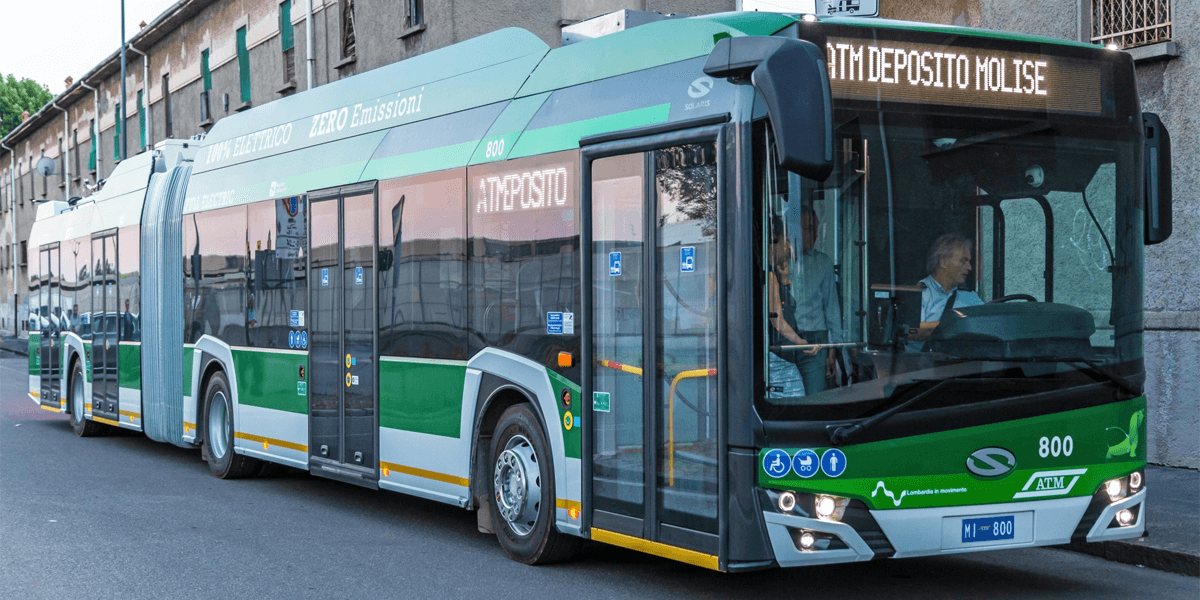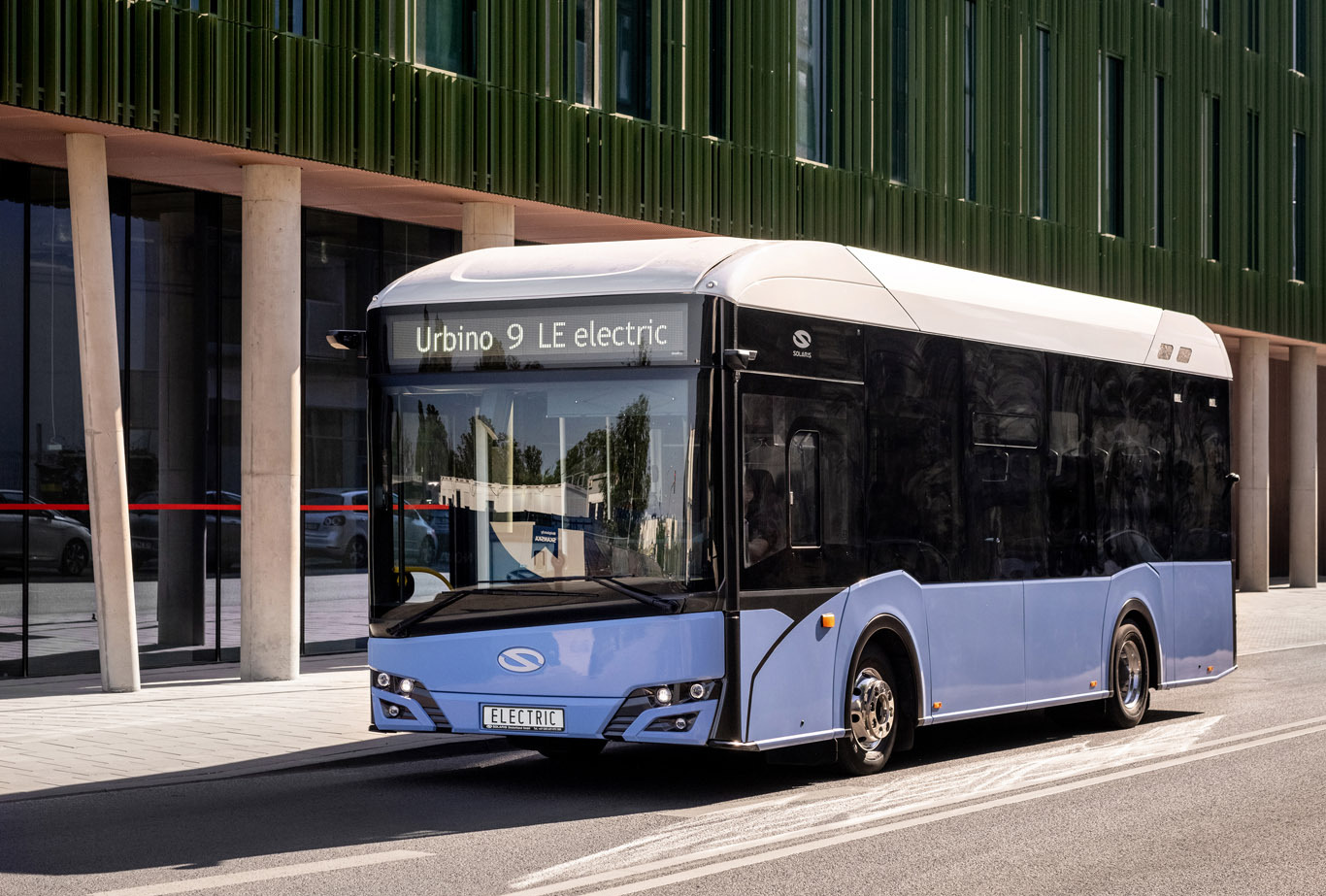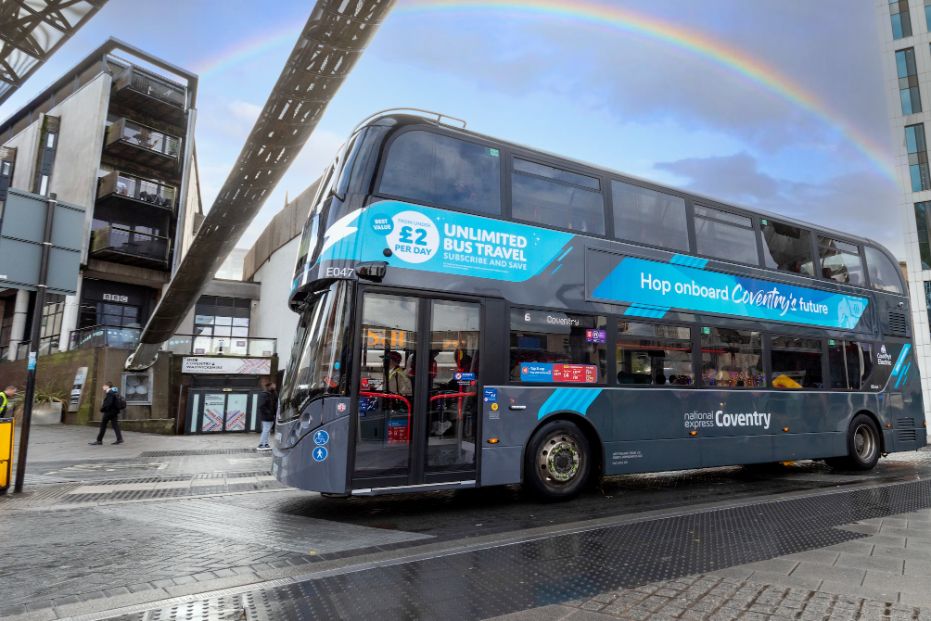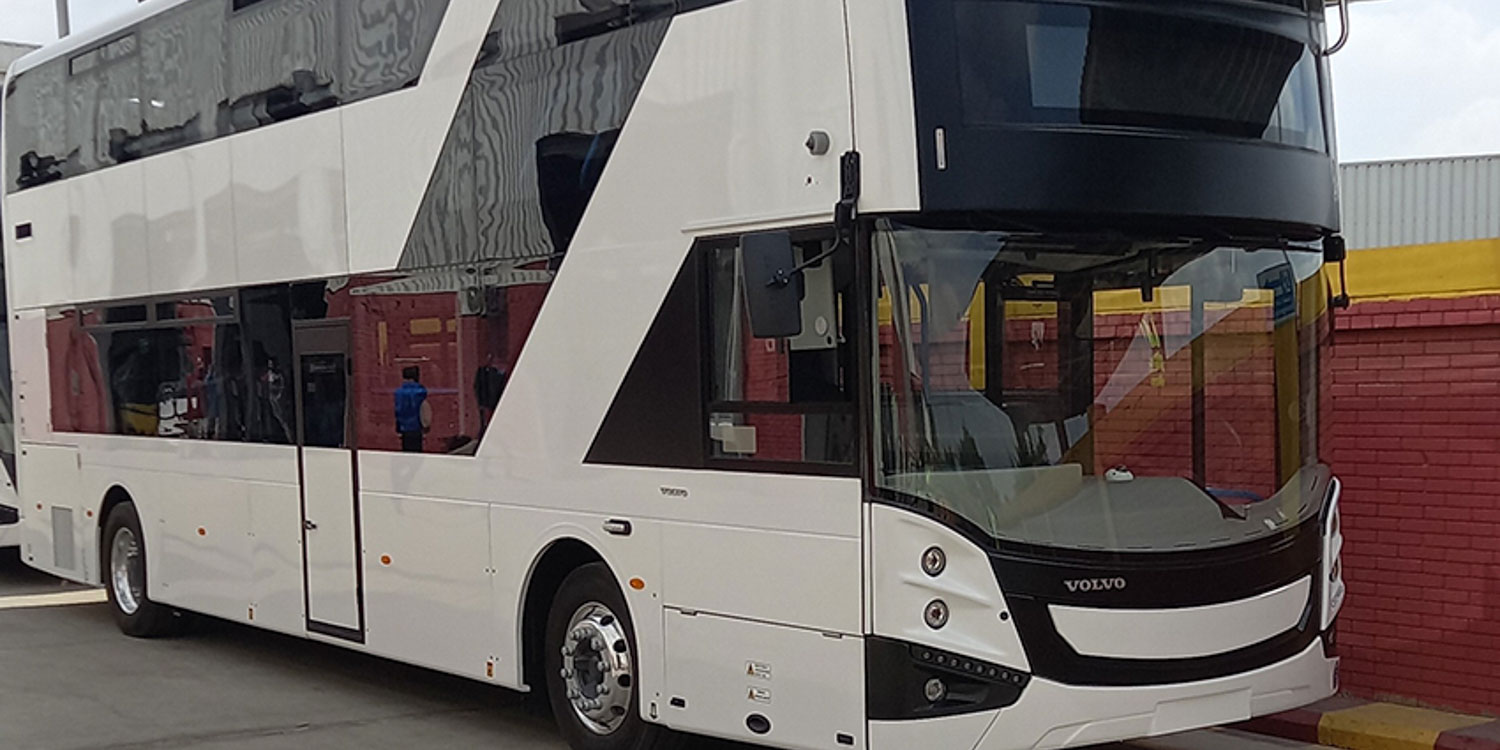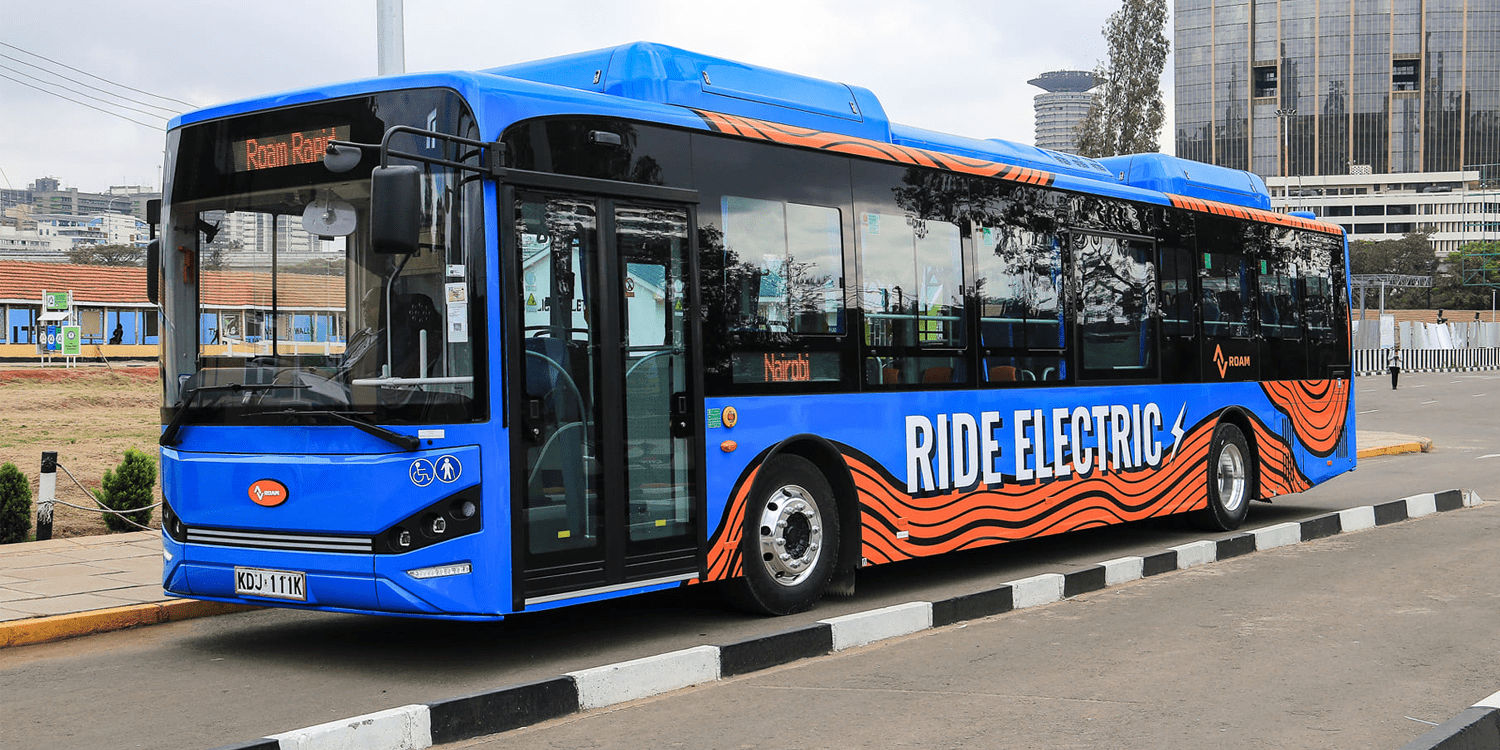The sales of electric city buses in the European Union (EU) are set to surpass those of diesel-fueled ones this year, according to a study by Dutch banking and financial services company Rabobank. The report, entitled “City Buses in the EU: Electricity Is Overtaking Diesel” and authored by Pablo Ruiz, Gijs Hoogeveen, and Erwin de Kok, estimates that 214,000 of the EU’s 750,000-vehicle fleet were city buses in 2022, close to 30% of the total. Poland, Italy, France, Germany, Spain, and Romania are home to over 80% of the fleet.
The study underscores the importance of public transport in the European mobility mix, with EU buses representing 55.7% of public transport journeys in Europe. The sector sustains a market of nearly 30,000 new vehicles per year, provided by 66 bus assembly plants across Europe.
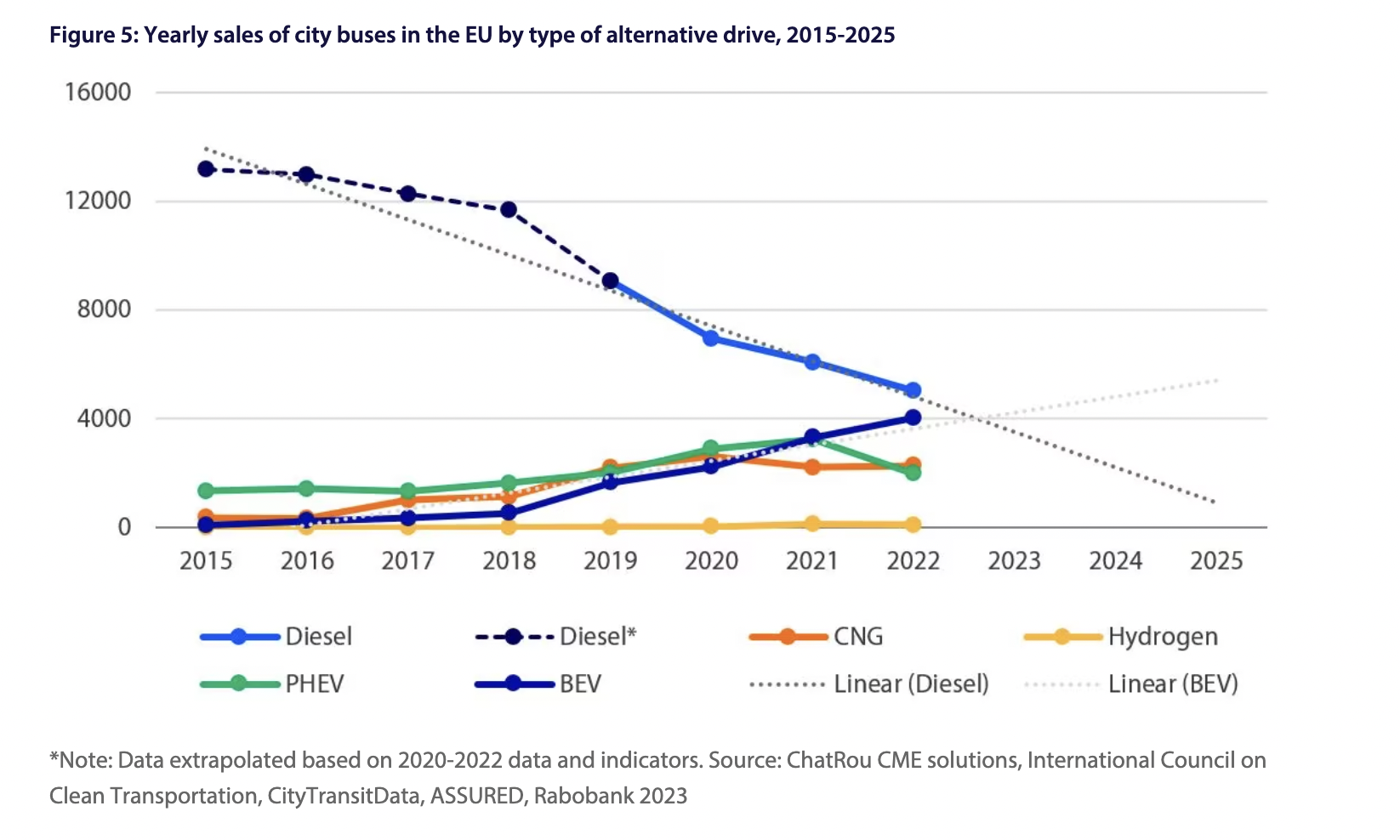
The authors anticipate that if the current trend continues, sales of diesel city buses will stop from 2027 onward. The recently proposed EU target of 100% net-zero emission for all new city bus sales by 2030 may seem ambitious, but the study finds it feasible.
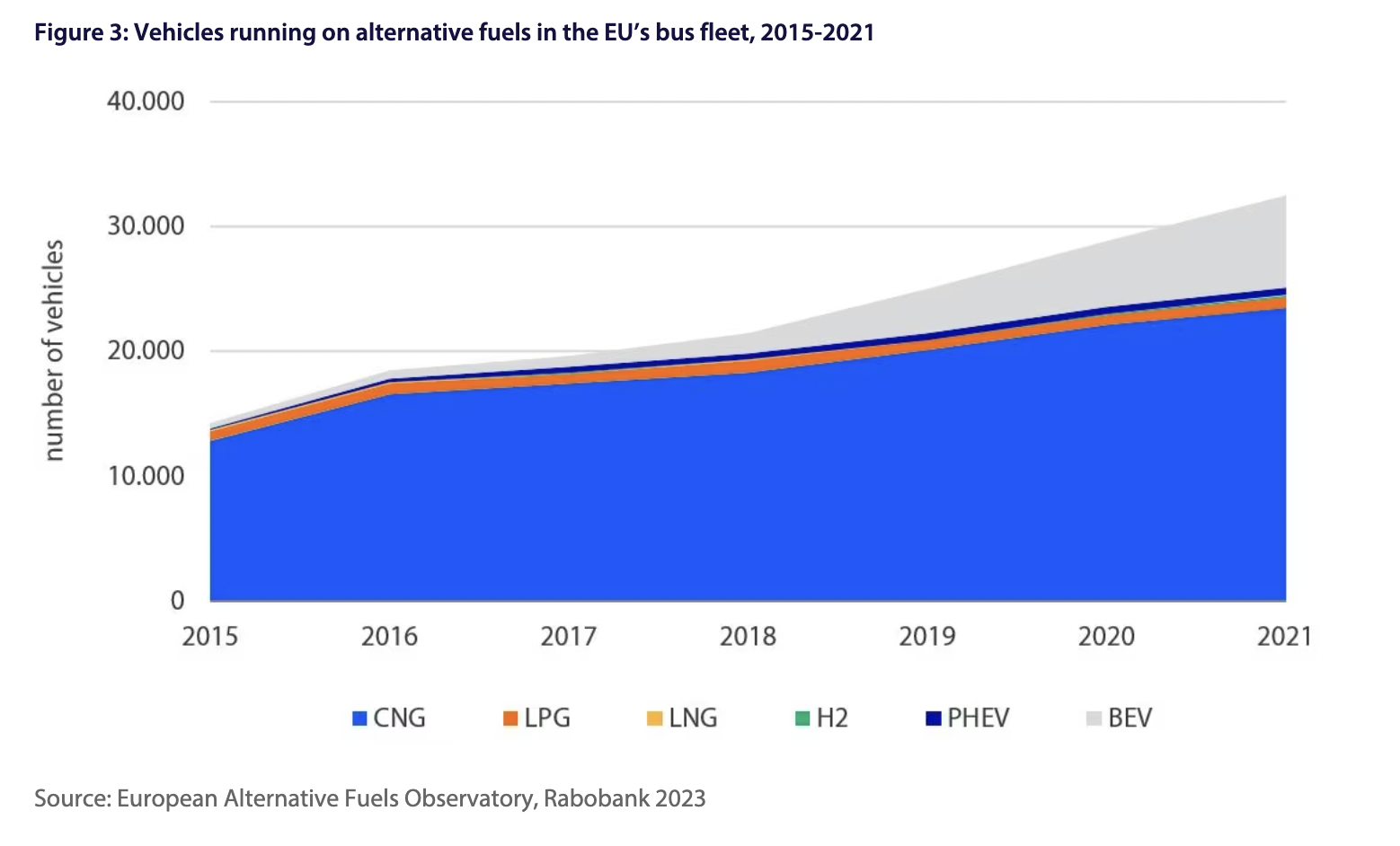
From 2020 to 2022, despite the Covid-19 crisis, the market for electric city buses saw an average 34% annual growth. If the market can maintain 18% annual growth in the next seven years, a fully electric market by 2030 could be achievable. Furthermore, if the yearly market for new city buses becomes fully net-zero by 2030, the replacement rate of buses in the fleet will lead to it being fully decarbonized by 2038, assuming the fleet size remains at its historical number of 215,000 vehicles.
The study also notes that early years were dominated by BYD, Solaris, and VDL, which supplied over 60% of the EU market by 2015. After 2018, traditional car and truck manufacturers such as Mercedes, Volvo, and Iveco entered the market, and their joint share dropped below 50%. Today, the share of the three early entrants is reduced to 36%, including BYD + ADL joint units. This highlights the dynamics of a very active and growing market.
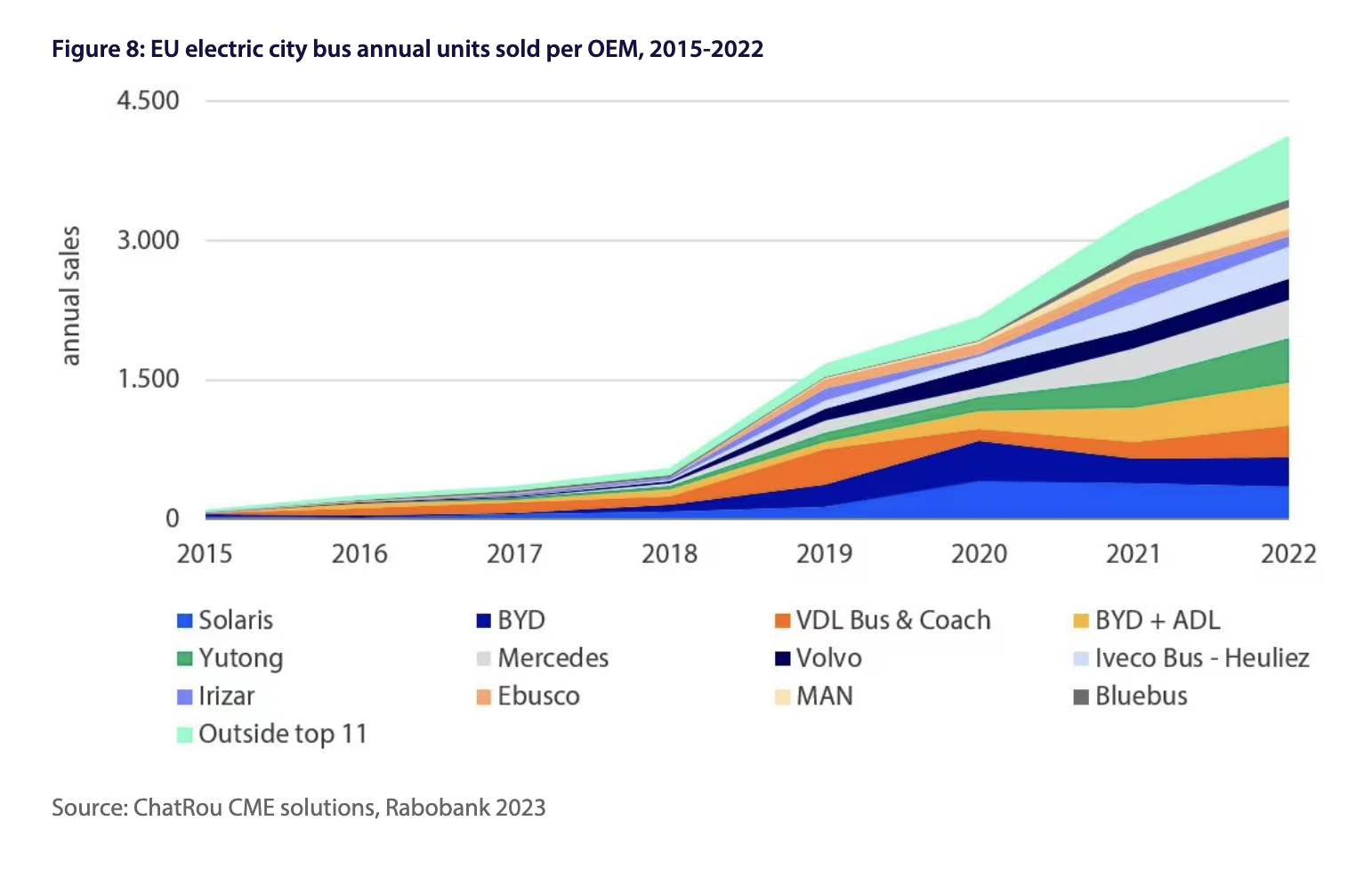
The shift towards electric city buses is an essential step towards achieving the EU’s decarbonization targets. It is a positive development that more traditional car and truck manufacturers are entering the market, offering greater competition and driving innovation. If the market can maintain its growth, the goal of a fully electric city bus fleet by 2030 appears achievable.

